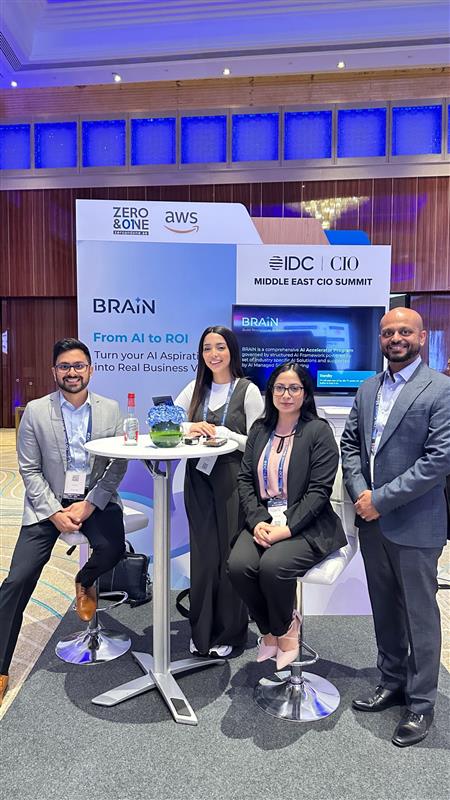In the current educational landscape, numerous challenges hinder the capacity of institutions to deliver a quality learning experience. As these challenges mount, it's clear that a revolution in educational methods and tools is not just beneficial—it is essential. This blog post explores the critical issues facing the education sector today and how embracing innovative solutions, particularly Generative AI, can transform learning environments entirely.
A major barrier to quality education is the limited funding which often results in inadequate infrastructure, overcrowded classrooms, and poorly compensated teachers. The rising costs of higher education make socioeconomic disparities even more apparent, making it necessary for educational institutions to find sustainable solutions that do not compromise on the delivery of education.
Integrating technology in education is crucial to bridge the digital divide, ensuring all students have equal access to digital tools and resources. This integration helps in creating a more inclusive educational framework where every student has the opportunity to succeed.
Student disengagement and lack of motivation are significant challenges, particularly in difficult learning environments with uncertain potential surroundings. Institutions need to deploy strategies that make learning more engaging and relevant to students' lives, which could greatly improve retention rates.
Curriculums must evolve to meet the immediate and future needs of students, preparing them adequately for the modern workforce. This involves maintaining flexibility in educational programs to adapt to rapid societal shifts and changing educational priorities, along with the up and coming shift of technology that the world is currently witnessing, making preparing future generations even more of an important task.
The education sector is undergoing significant transformations, propelled by various needs and demands. Here’s a deeper look into the driving forces behind these changes:
-
Adaptation to Disruption:
Educational institutions are increasingly required to adapt swiftly to disruptions in delivery and administration. This could stem from sudden changes like those witnessed during the COVID-19 pandemic, where schools had to shift to online learning almost overnight. Adapting to disruption also involves updating policies, employing flexible teaching methodologies, and ensuring that learning continues effectively during any crisis.
-
Preparation for Future Skills:
As the global job market evolves, so do the skills required to excel in it. The rapid pace of change in areas such as technology, economics, and environmental sustainability means that educational systems must keep up by equipping students with future-oriented skills. This includes not only technical skills, like coding and data analysis, but also soft skills like critical thinking, creativity, and adaptability.
-
Integration of Emerging Technologies:
Incorporating advanced technologies into the educational system is essential to enhance learning outcomes. This integration includes tools like artificial intelligence, virtual and augmented reality, and blockchain. These technologies can provide personalized learning experiences, improve engagement through interactive learning environments, and create more efficient administrative systems.
-
Globalization:
Globalization in education refers to the broader access to educational opportunities across the world. This includes exchange programs, online international courses, and campuses that offer global curricula. By expanding educational access, institutions prepare students for a globalized world where cross-cultural communication and international knowledge are key.
-
Cost Effectiveness:
With the rising costs of education, institutions are under pressure to streamline operations to make education more affordable. This involves optimizing resource allocation, enhancing administrative efficiency, and using technology to reduce costs. The goal is to ensure that high-quality education remains accessible to a broad range of students, regardless of their economic background.
-
Personalization:
Customizing educational experiences to meet the specific needs of individual students is becoming increasingly important. Personalization can significantly enhance learning outcomes by addressing diverse learning styles, speeds, and interests. Technologies like AI can help in developing personalized learning paths, thereby making education more effective and engaging for each student.
Each of these drivers plays a crucial role in shaping the future of education, ensuring it is resilient, relevant, and responsive to the needs of educators, students, and the broader society.
The integration of generative AI in education is a game-changer. This technology not only enhances the educational experience by providing personalized learning paths but also helps institutions stay at the forefront of innovation. AI can address many existing barriers and anticipate future needs, making it a critical tool for any forward-thinking educational institution.
The future of education is at a pivotal juncture. To stay relevant and effective, educational institutions must embrace the revolution, particularly in AI technology. By doing so, they will not only overcome today's barriers but also shape a future where education is more inclusive, engaging, and adapted to the needs of tomorrow's students. Join us in transforming education and explore the limitless possibilities with generative AI.
Prepare your institution for the future by exploring the integration of generative AI in your educational frameworks. It's time to transform and revolutionize—don't get left behind.



